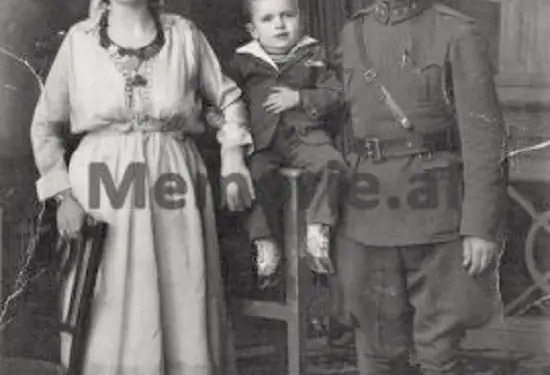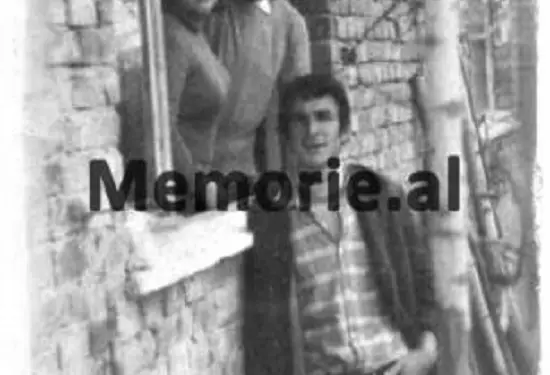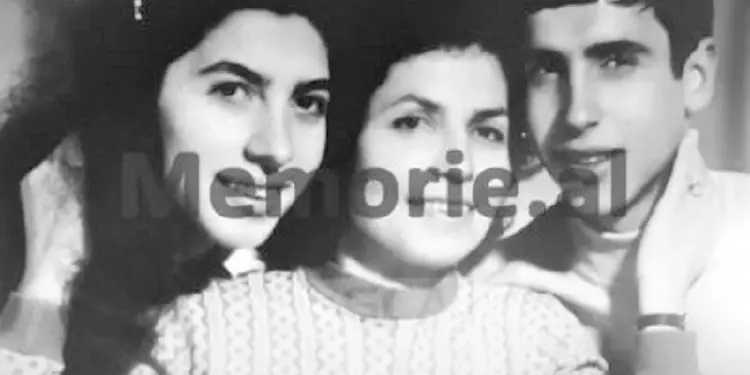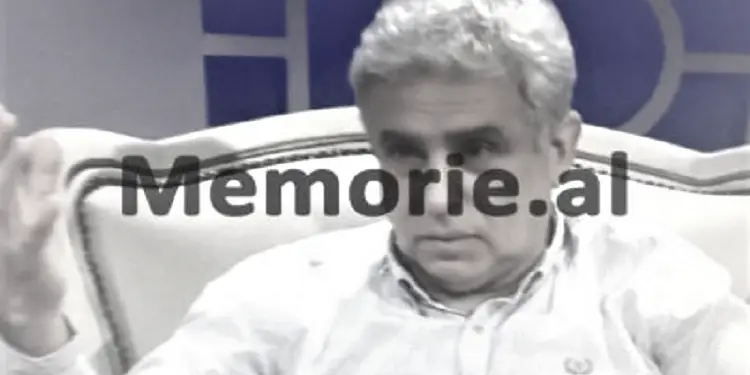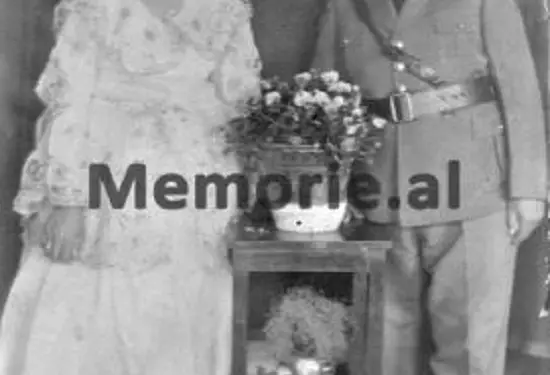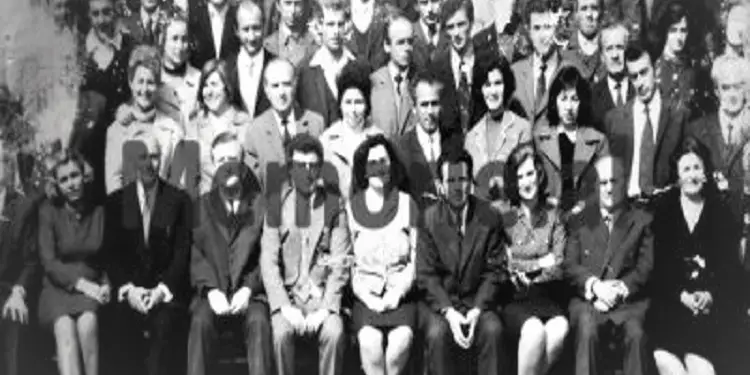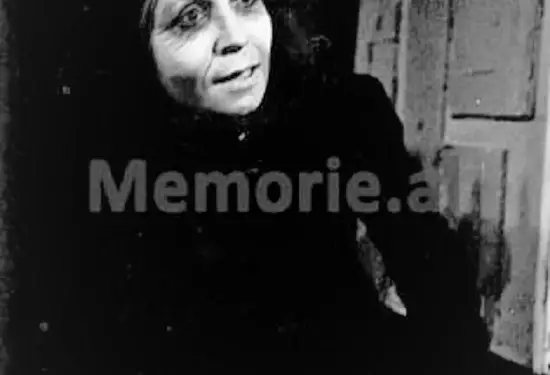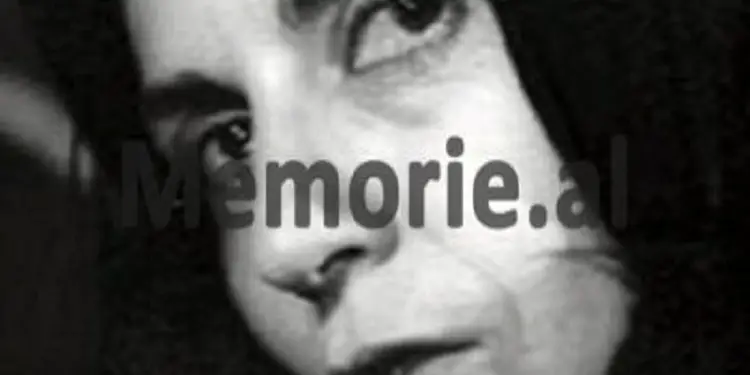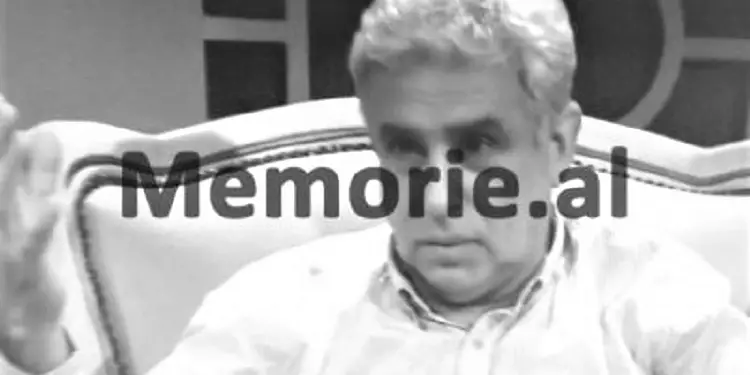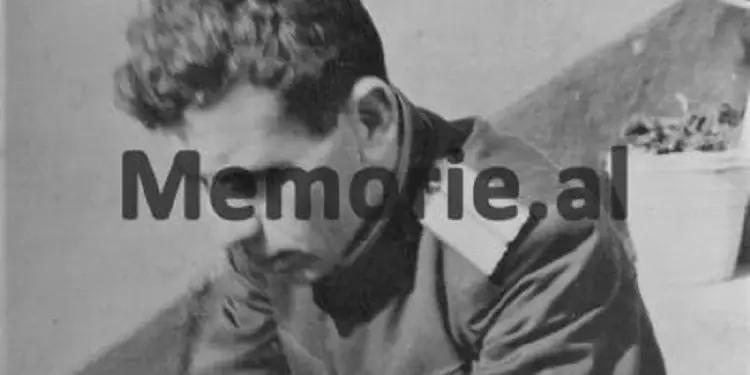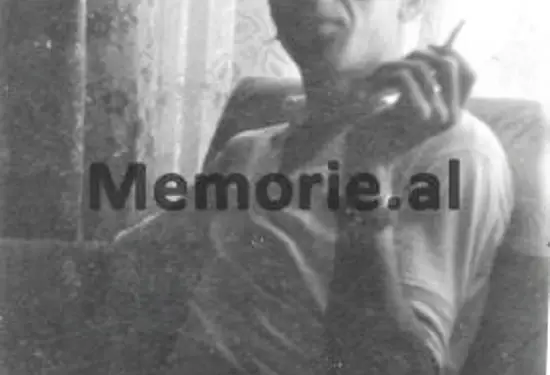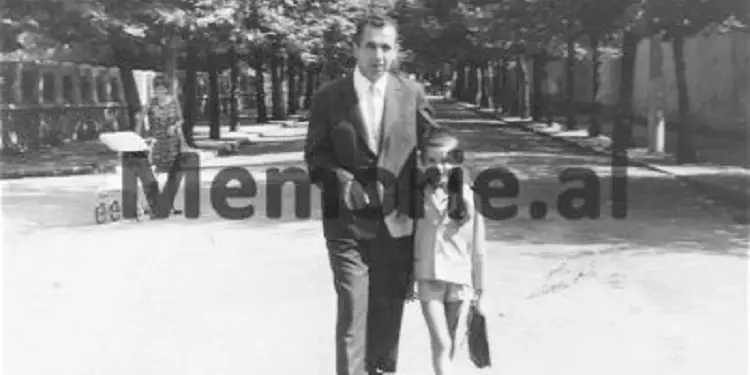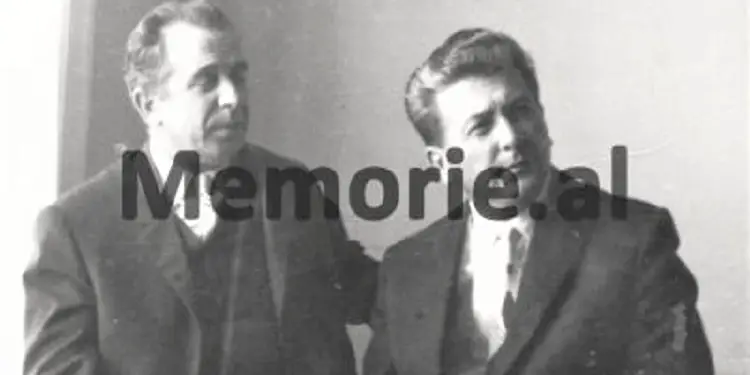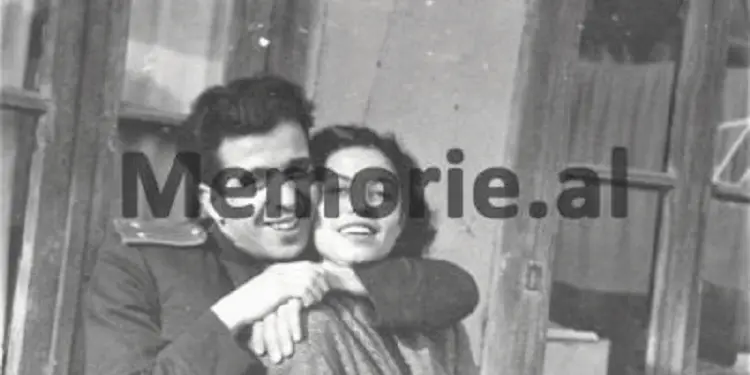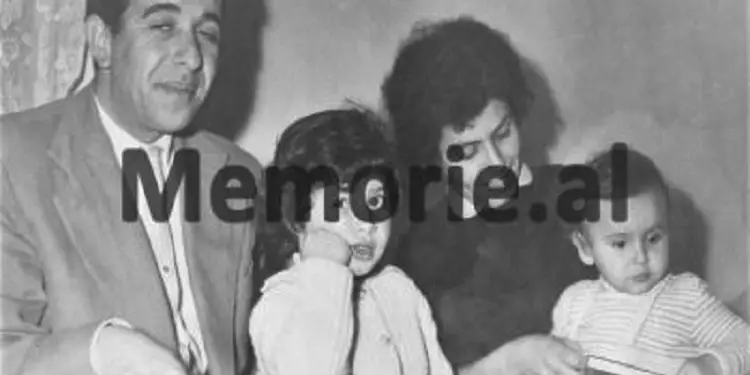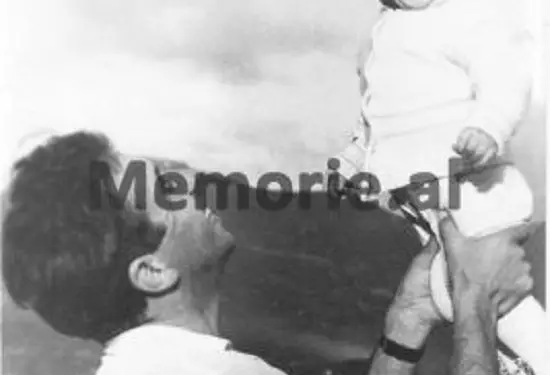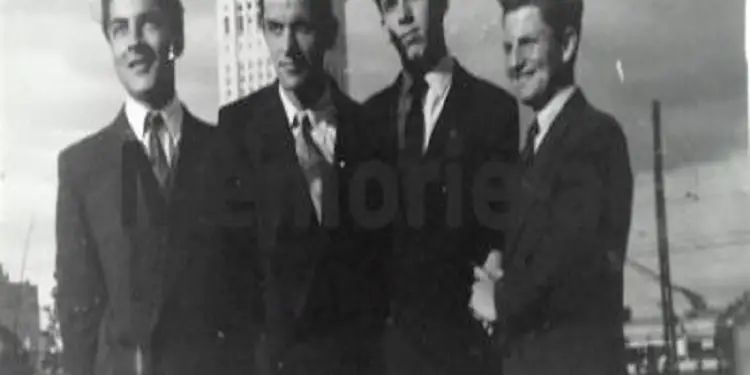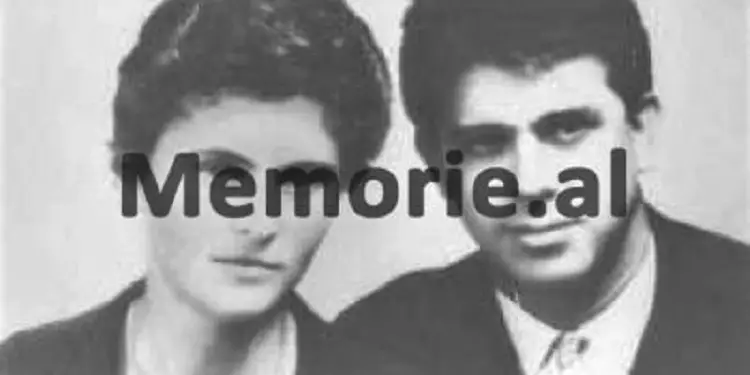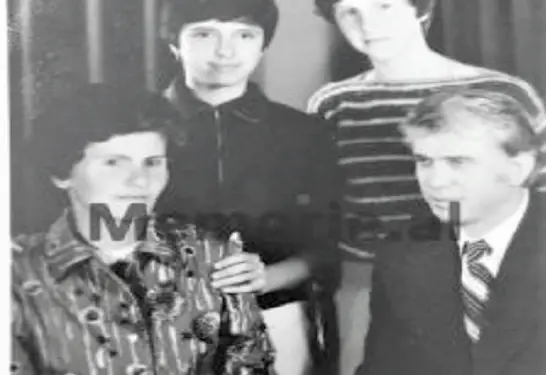Dashnor Kaloçi
Memorie.al publishes the unknown story of the Alibali brothers originating from Shkodra, one of the well-known families of that city, which during the war was all connected with the Antifascist Movement and based on that contribution they gave, after the end of the war sent with studies inside and outside the country, such as Jusuf Alibali in the Soviet Union, Ylli Alibali in Poland, etc. ,. and until 1974 they were with not insignificant duties and functions of that regime, as military, etc. Neritan Alibali’s testimony regarding the beating suffered by the Alibali family in 1974 after the sentencing of the so-called “Beqir Balluku coup group”, where his father, Xhevati, former head of the sector at the Institute of Military Studies and journalist of the military press, was arrested such as the newspaper “Luftëtari” and the magazine “10 Korriku”, which was later transferred to the so-called “Group of Polish Agents”, where his brother, Ylli Alibali, who had graduated in Poland, was also arrested. The inhumane physical and psychological torture, as well as the numerous machinations used by the State Security against Xhevat Alibali, taking him out of prison at night and staging a shooting scene somewhere on the riverbank in front of a newly opened pit, in order to break it. and take from him the statements they demanded, as well as the attitude they held towards his wife, Ferial Alibali, her colleagues at the People’s Theater, such as Roza Anagnosti, Drita Pelingu, Mimika Luca, Esma Agolli, etc. when they removed him. from there and sent her as a worker to a tailor where the actress Edi Luarasi was!
My father often told me that: before they transferred him to the so-called “Polish Agents Group”, at midnight, they took him from the Tirana prison and staged a shooting. They took him to the Tirana River as if they were going to shoot him, and there was even a firing squad there in front of a pit they had just dug. And a senior State Security exponent, before the act took place, stopped them and told Xhevat: “It is enough to give us some statements and you can go home to your relatives, otherwise we will let us destroy your relatives. ” The man who speaks and testifies for the first time for Memorie.al is Neritan Alibali, former director of the National Theater in the early 1990s and journalist, politician and member of the People’s Assembly, who tells the painful story of his father. of him, Xhevat Alibali and his brothers, who are 1974, after the so-called “coup group in the Army”, led by Beqir Balluku, were arrested and ended up in the prisons of the communist regime, after being tortured in their cells. of State Security. For more about these and other events of the Alibali family, get to know us through this interview, Mr. Neritan Alibali, already for years, a lecturer at one of the non-public universities in Tirana.
Mr. Neritan, can you first tell us briefly about the origins of your family?
My father, Xhevat Alibali was born in 1933 in Shkodra, where his family originates from. His father and at the same time my grandfather, Sali Alibali, was a senior officer of the Kingdom of Zog and they came to the city of Tirana when my father was somewhere between 4-5 years old and settled in a house near “Vllazë Huta” street. The Alibali family has totally participated in the National Liberation War and has been perhaps one of the largest families involved in this war, based on this fact, after the liberation of all, starting with my father and his brothers, have been at power levels. So my uncle, Jusuf Alibali, was the Deputy Minister of Justice at the time of Manol Konomi, my father Xhevati, and the other two brothers, Besnik and Agimi, were in the military and so on.
When did the crackdown on the Alibali family begin?
In the years 1974-’75, when the reprisal in the Army took place with the so-called “Beqir Balluku coup group”, which Enver Hoxha condemned them, accusing them of coup d’etat, in that period, parallel to it, the beginning of the family’s coup begins. our. Initially, they expelled the only member of the Party we had in the family, the uncle, Yusuf, accusing him of being a liberal and sent him to work at the Partizani plant. On February 1, 1974, they arrested my uncle, Ylli (a graduate of Poland for Veterinary Medicine) who was included in the group of so-called “Polish agents”, and on March 21, they arrested my father, Xhevat Alibali.
After the arrest, what happened to your father, Xhevat, and what did they accuse him of?
Xhevat was initially included in the “Group of coup plotters” and had the same group of investigators as Beqir Balluku and his group. The investigator has been doing this for several months and they have been very aggressive towards him.
They tortured him… ?!
Of course, the investigation against him has been very serious, as my father broke his clavicle, extinguished his cigarettes and he had the marks on his hands until late. The investigation took place at “Prison 313”, where the main leaders were the so-called “coup group in the Army” such as Beqir Balluku, Petrit Dume, Hito Çako, Rrahman Parllaku, etc. They kept the father at night by interrogating him and did not let him sleep at night, leaving a spotlight on his head. The investigation also had a tragicomic element because the wave of witnesses was ridiculous, as my father told us when he was released from prison.
Why ?!
For example, one of the witnesses who came to the investigator stated that: “When I went to Xhevat Alibali’s house, I came to my senses and went out of my mind, because it was a modern house, with modernist paintings.” etc. And when my father asked him: where was his house? The witness did not know how to answer. Also another witness, through confrontation with the investigator had stated that; “When I was in Moscow, I met Xhevat Alibali in the cafe” Arakvi “in Moscow, and there he told me that in Albania writers and artists have no freedom, that there is no democracy there, etc.” But my father replied that; had never been to the Soviet Union. And surprisingly, the only accusation that Xhevati was sentenced to 10 years in political prison was that he had said that: ‘there is no freedom and democracy in Albania’.
Did your father anticipate the arrest?
Of course, he knew and felt in advance that he would be arrested, because he was expelled from the Army at the age of 42, sometime in December 1974.
What was the purpose of Xhevati’s arrest at that time?
He has never been in the military with the troops but has been a military journalist for the Luftetari newspaper and head of the sector at the Institute for Military Studies. From where it was said that: ‘Black Materials also came out of here’, ie from this sector. And it was commented that: ‘this was one of Beqir Balluku’s subordinates to poison the Army’.
At the Institute of Military Studies, what sector did the father cover?
My father was a historian of World War II, and based on this fact, he is well acquainted with the history of the Hitlerite Gestapo. So he knew the methods, and despite the violence during the investigation, he never agreed to compromise with the Army and accept anything. His principle has been that; if I were to admit even the smallest thing there, then the investigator would force me to sign other things in the minutes. So even when he went to trial, he did not accept anything and did not seek mercy but only justice.
You said a while ago that your father foresaw the arrest, what did he say at home about what might happen to him?
I heard it with my own ears and I remember it very well (after I was 14 when his arrest took place) that my father told one of his closest friends that: ‘I will take them.’ I wait for them at home and when I see that they will come, I have prepared the wires with electricity, to kill myself ‘.
Where was he arrested?
In fact, he was arrested in the “Volga” cafe, somewhere in the center. He was drinking coffee in the morning and then came to the famous white “Pobeda”, who went out in Tirana and arrested. And there they arrested him, they didn’t even let him pay for the coffee. He was dragged to Pobeda. This happened on March 21, 1975. I do not remember who arrested him, but I know to say this; when they searched the house, they were the group of eight investigators of Beqir Balluku, and they took as evidence all the Russian, Albanian literature, etc. Even the surprise was that they told the mother who was present that: “Here is your house, we do not see any pictures of Enver Hoxha and any of his works” ?! Maybe they wanted the whole “group of Polish agents” where his uncle, Ylli, was, they were civilians, and they wanted to try them in a military trial, and so they put a soldier in their group to make it a fact. performed.
With what accusations did they put him in that group?
The only thing I read in the press release about my father’s connections with those so-called “Polish Agents Group” was that: he had been friends with all those who had also been friends with my uncle. And it is interesting that: all those who were convicted of the “Polish Group” were large families with an extraordinary contribution during the war. Since Vedat Buzi, chief engineer and director of the Food Factory “Ali Kelmendi” who had a brother, Hiqmet Buzi, “People’s Hero”, and father “Martyr of the Fatherland”, and all others, and apparently, Enver Hoxha he had decided to tell the Albanian people that: ‘when he hit the big families of the War, others should be silent….’!
Was Xhevati acquainted with the members of the so-called “group of Polish agents”?
Xhevati and Ylli had connections and acquaintances with members of the “Polish Group” because Ylli himself was a student in Poland and he knew them well and they were friends. They had all come to our house. I was small, but I know that my father, Xhevati, has taken a very strong stand in court.
Before we talk about the trial where he was convicted, let’s go back to the investigation process, how was he treated?
I know one thing that he often told me, that: before they transferred him to the “Polish Group”, at midnight, they took him and staged a shooting. They took him to the Tirana River as if they were going to shoot him, and there was even a firing squad there in front of a pit they had just dug. And a senior State Security exponent, before the act took place, stopped them and told Xhevat: “It is enough to give us some statements and you can go home to your relatives, otherwise we will let us destroy your relatives. ” And the father said to them, “The cannon will be fired at you. I have nothing to declare.”
How many years was Xhevat sentenced?
The father was sentenced to 10 years and he served his sentence in Spaç, for 10 years he did not move from there, while his uncle, Ylli, did it in Ballsh.
After the punishment of the father, what happened to the rest of the family, that is, to your children and your mother?
Since his father foresaw that he would be arrested, he asked his mother to separate him and even asked for his signature. The mother made the separation and his principle was to save the children in the first place.
Did they move my mother from work?
My mother, Ferjal Alibali, was an actress at the People’s Theater (especially known for her role as Elder Nice in “The General of the Dead Army”, etc.) and when my father was arrested, of course, he was removed from the Theater and left for some months as a wardrobe clerk right there. And then they removed her from the Theater and took her to work in a tailoring company, where she was with the famous actress, Edi Luarasi.
When she was removed from the Theater, what was the attitude of her colleagues?
In 1993, when I was appointed Director of the National Theater and when I saw her file, I noticed some letters that some of her friends had taken a position beyond the ‘target’ that had to be maintained to protect themselves at the time. But there were other well-known names, her colleagues, such as Drita Pelingu, Mimika Luca, Roza Anagnosti, Esma Agolli, who stayed close to my mother at that time.
You children, did you have deprivations?
We were left without a school, I worked since I was 16 at the Construction Enterprise “December 21” as a shovel worker, while my sister was unemployed. At least we escaped exile and higher education after the 1990s.
Today, after so many years, what conclusions, or rather how would you define what happened to your father’s family?
This was a tragicomedy. The problem is how the “Polish Group” has dozens and dozens of groups throughout the history of dictatorship in Albania. It is also a fact that after the ’90s, no one was held accountable for what they had done with the “Polish Group”, ie the fabricated accusations, etc. I am a lawyer and the logic that they “simply enforced the laws of the land” cannot stand. Laws even during the dictatorship, and in those constitutions that were formal, but really in them were written some things that were said to respect life and human rights, but they were not implemented and unprecedented violence was exercised. The case of the “Polish Group” is really such a case that should be taken as an example./Memorie.al




